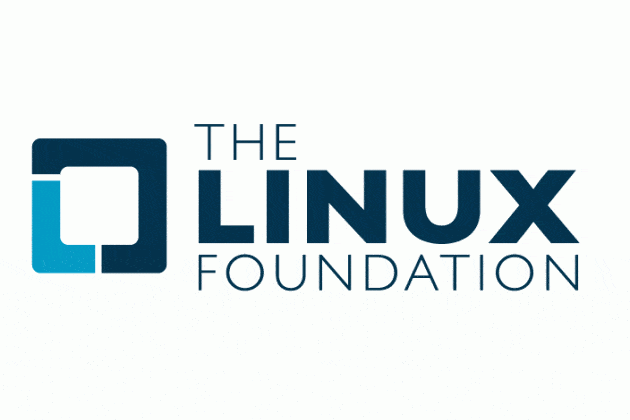The Linux Foundation has launched the Automated Compliance Tooling (ACT) project to improve compliance in open source projects. The project should consolidate investments, increase interoperability and help organisations manage compliance.
In an era where the use of open source code is gaining in popularity, users should be reminded that there are licenses and codes that everyone has to adhere to. Something that according to the foundation can be difficult or complicated for some to deal with.
There are many open source compliance tooling projects, but most are unfunded and have limited possibilities to build robust usability or advanced features. We have heard from many organisations that the tools available do not meet their current needs. Forming a neutral body under The Linux Foundation to work on these issues allows us to increase funding and support for the compliance tool development community,” said Kate Stewart, senior director of strategic programs at The Linux Foundation.
Four parts
The ACT project is divided into four parts: FOSSology, Quartermaster, SPDX Tools and Tern. The open source license software system for licenses, FOSSology, which is also a toolkit, allows users to perform scans of licenses, copyright and export controls from the command line.
Quartermaster is a tool for implementing best practices for license compliance management and SPDX Tools uses the open standard Software Package Data Exchange to communicate information such as components, licenses, copyrights and security credentials. The fourth component, Tern, is an inspection tool for finding metadata of packages installed in a container image.
Following ACT, the Linux Foundation also announced two new projects. For example, the OpenChain Project identifies key recommended open source management processes and trains developers and companies to better understand licensing requirements.
Related: More demand than ever for employees with open source knowledge
This news article was automatically translated from Dutch to give Techzine.eu a head start. All news articles after September 1, 2019 are written in native English and NOT translated. All our background stories are written in native English as well. For more information read our launch article.